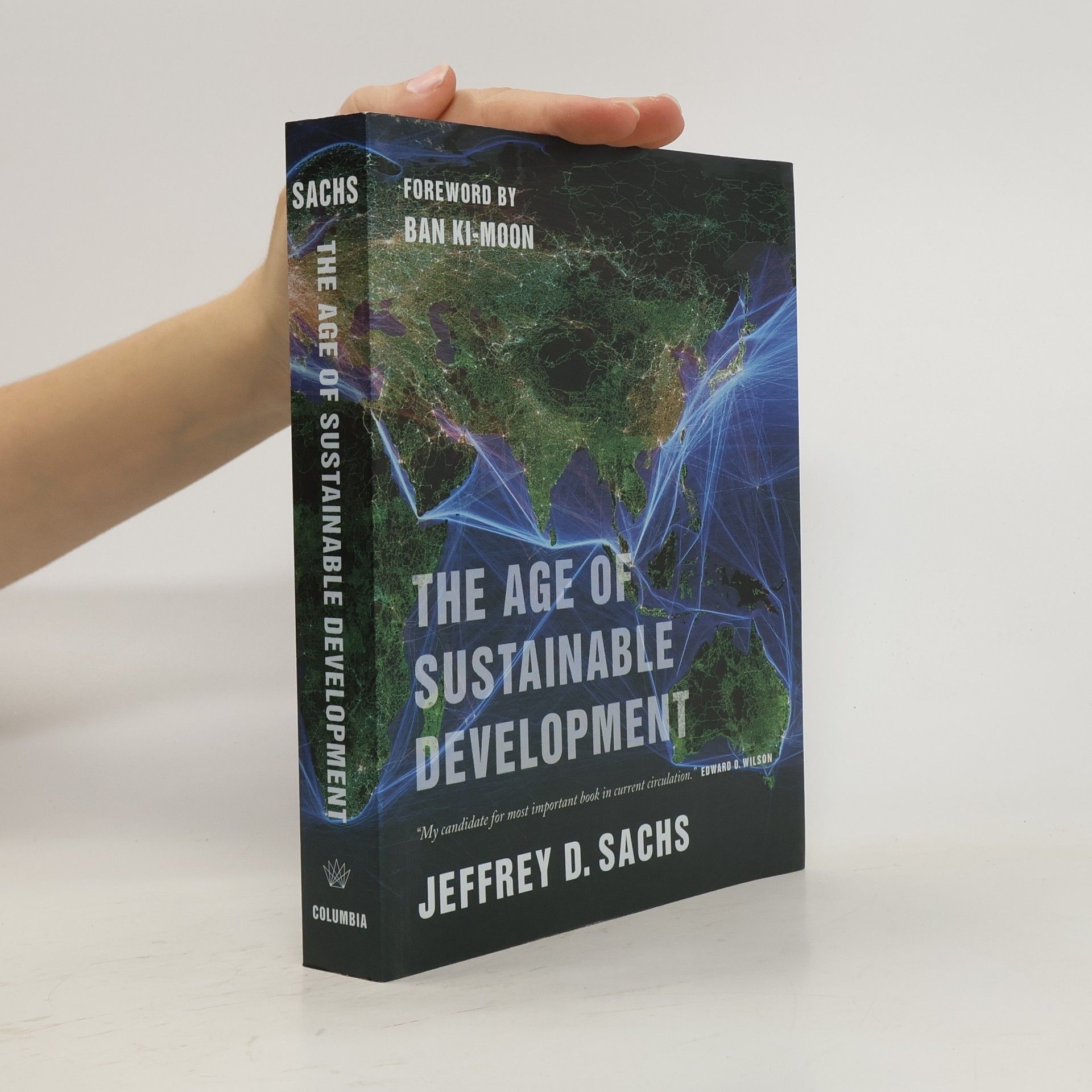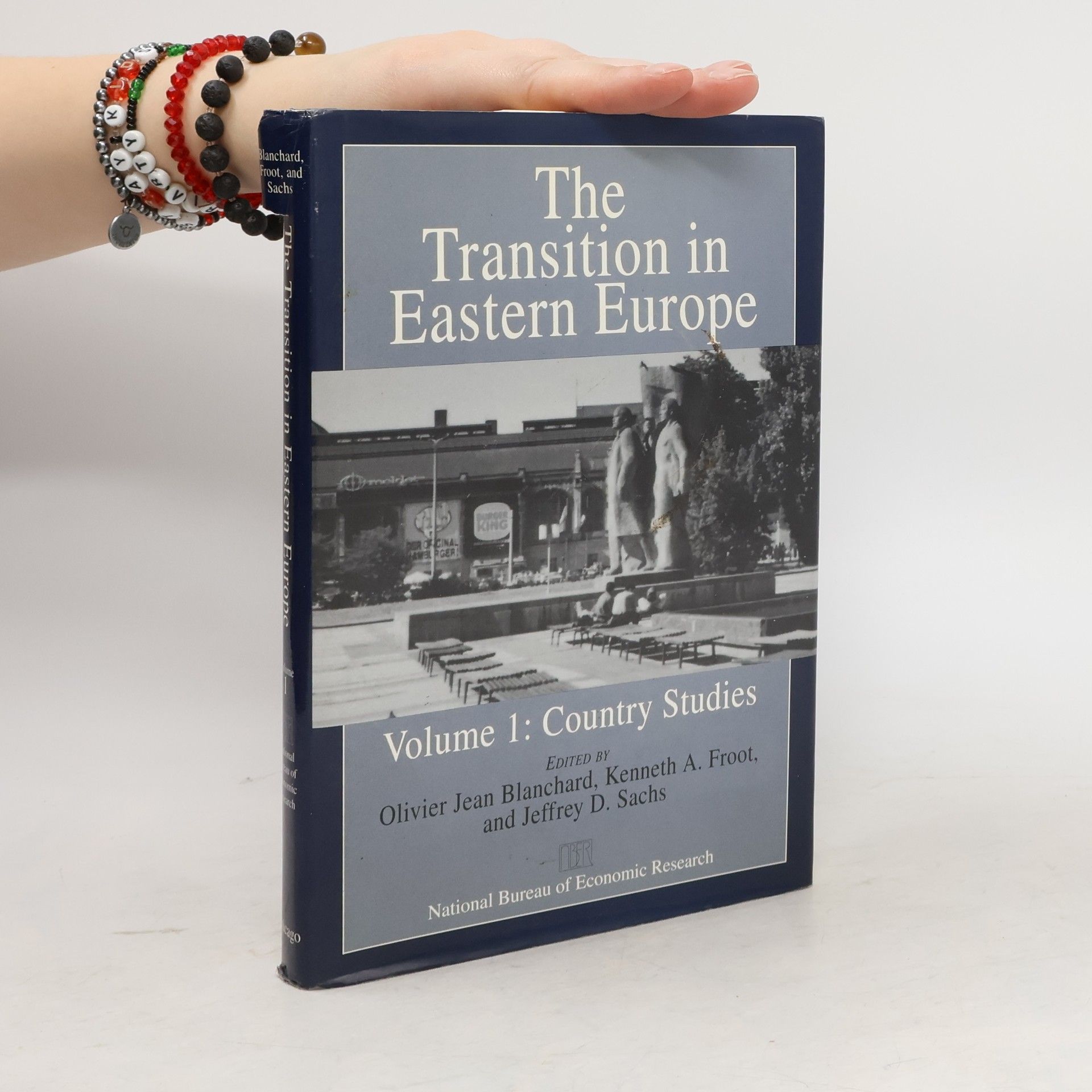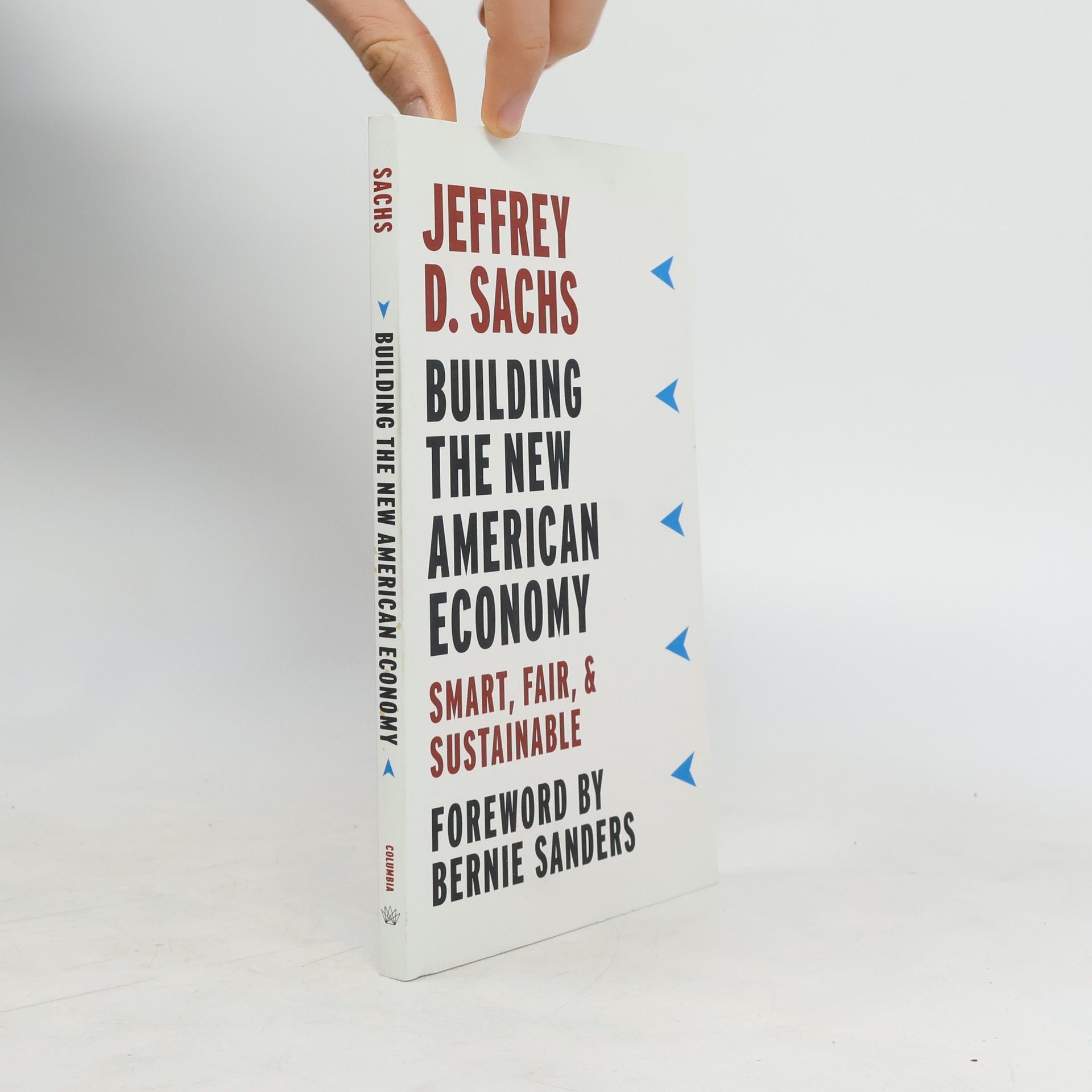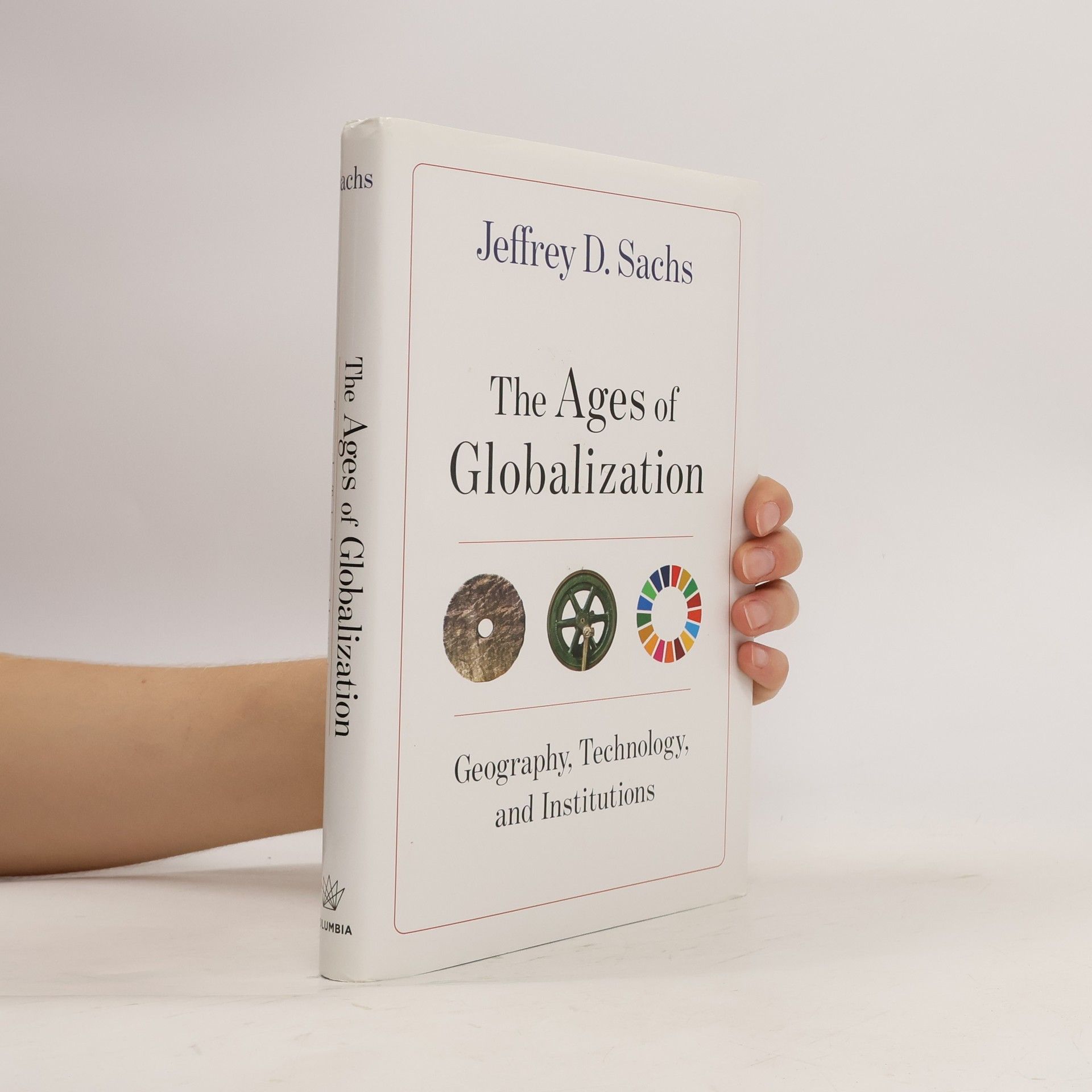Jeffrey Sachs Libros
Este aclamado economista y analista de políticas públicas es una autoridad mundial líder en desarrollo económico y la lucha contra la pobreza. Su trabajo se centra en la sostenibilidad y en abordar desafíos globales como la pobreza extrema y el hambre. Sus ideas ofrecen perspectivas valiosas sobre cuestiones económicas y sociales complejas, impulsando los esfuerzos hacia objetivos de desarrollo sostenible. Sus análisis proporcionan una lente crucial para comprender y abordar las disparidades mundiales.






The Transition in Eastern Europe, Volume 1
- 280 páginas
- 10 horas de lectura
This volume provides a country-by-country analysis of various reform experiences, including historical backgrounds and discussions of policies and results to date. The countries analyzed are: Poland; Czechoslovakia; Hungary; Eastern Germany; Slovenia; and Russia.
To Move The World
- 349 páginas
- 13 horas de lectura
The New York Times bestselling author of The Price of Civilization, Common Wealth and The End of Poverty offers up an inspiring look at an underappreciated and still-relevant piece of JFK's legacy--his campaign in his final months in office for world peace.
Jeffrey D. Sachs has shown himself to be one of the worldÕs most perceptive and original analysts of global development in his groundbreaking books, including The End of Poverty and Common Wealth: Economics for a Crowded Planet. Now, in this major new work he presents a compelling and practical framework for how global citizens can address the seemingly intractable worldwide problems of persistent extreme poverty, environmental degradation, and political-economic injustice. Sachs outlines the holistic way forward: sustainable development. This provocative work offers readers, students, activists, environmentalists, and policy makers the tools, metrics, and practical pathways they need to achieve Sustainable Development Goals. Far more than a rhetorical exercise, this book is designed to inform, inspire, and spur action. Based on SachsÕs twelve years as director of the Earth Institute at Columbia University, his thirteen years advising the United Nations secretary-general on the Millennium Development Goals, and his recent presentation of these ideas in a popular online course, The Age of Sustainable Development is a landmark publication and a clarion call for all who care about our planet and global justice.
The Price of Civilization
- 336 páginas
- 12 horas de lectura
The Price of Civilization: Reawakening American Virtue and Prosperity "For more than three decades, Jeffrey D. Sachs has been at the forefront of international problem solving. But Sachs turns his attention back home in 'The Price of Civilization,' a book that is essential reading for every American. In a forceful, impassioned, and personal voice, he offers not only a searing and incisive diagnosis of our country's economic ills but also an urgent call for Americans to restore the virtue of fairness, honesty, and foresight as the foundations of national prosperity." Inside book cover comments.
The Price of Civilization. Reawakening American Virtue and Prosperity
- 328 páginas
- 12 horas de lectura
Offers a diagnosis of the country's economic ills and argues that Americans can restore the virtues of fairness, honesty, and foresight as the foundations of national prosperity.
Building the New American Economy
- 152 páginas
- 6 horas de lectura
My father famously declared that GDP measures neither our wit nor our courage, neither our wisdom nor our learning, neither our compassion nor our devotion to our country; it measures everything in short, except that which makes life worthwhile. Jeffrey Sachs presents an economic vision beyond GDP, one that is based on compassion and sustainability, and that aligns with the globally agreed Sustainable Development Goals. This is a roadmap for America's future economic strategy. Kerry Kennedy, president of the Robert F. Kennedy Center for Justice and Human Rights
The American Century, spanning from 1941 to January 20, 2017, saw the United States as a military and economic powerhouse. However, it no longer holds the same dominance in the world economy or geopolitics. The current trend toward nationalism and “America first” foreign policy does not promise greatness; rather, it signifies a retreat from our responsibilities amid pressing global challenges such as environmental crises, political instability, and mass migration. In this incisive work, Jeffrey D. Sachs outlines a new foreign policy that prioritizes global cooperation, international law, and the pursuit of worldwide prosperity over nationalism and nostalgic aspirations. He advocates for a shift from relying on military power and engaging in unwinnable wars to focusing on shared goals of sustainable development. The book critiques the “America first” mentality while presenting a vision for a new path forward. Sachs proposes actionable strategies to enhance global economic growth, reform the United Nations for contemporary needs, and cultivate a multipolar world that is equitable, peaceful, and resilient. This compelling argument emphasizes the need for America to embrace international collaboration to address global challenges effectively.
The Ages of Globalization
- 280 páginas
- 10 horas de lectura
Jeffrey D. Sachs turns to world history to shed light on how we can meet the challenges and opportunities of the twenty-first century. He takes readers through a series of six distinct waves of technological and ideological change, starting with the very beginnings of our species and ending with reflections on present-day globalization.
The End of Poverty
- 416 páginas
- 15 horas de lectura
Jeffrey Sachs draws on his remarkable 25 years' experience to offer a thrilling and inspiring vision of the keys to economic success in the world today.



